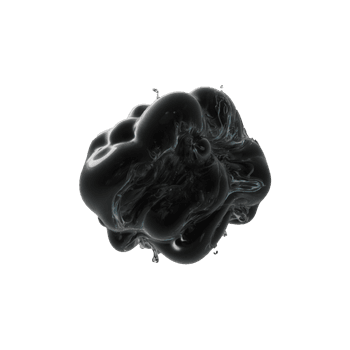Quick version
Hair loss in men is common and can start as early as the age of 20–30, especially in young men with a genetic predisposition. The most common cause is hereditary hair loss (androgenic alopecia), which is due to sensitivity to the hormone DHT. Other common causes are nutritional deficiencies, hormonal imbalances, stress, and certain diseases or medications.
To understand the cause of hair loss, levels of iron, zinc, vitamin D, B12, thyroid hormones, and testosterone in the body can provide clues. Lifestyle changes, good nutrition, stress management, and medications such as finasteride can help slow hair loss.
When do men start losing their hair?
Most men notice some form of hair loss as they get older. It is not uncommon to start worrying about your own hair growth if you have relatives, such as a father or grandfather, who have little or no hair left, as one of the causes of hair loss is genetic.
This is how hair loss can begin to be detected:
- 20–30 years: Early signs of hereditary hair loss (androgenic alopecia) may begin to appear, often by the hairline creeping upwards at the temples.
- 40–50 years: Approximately 50% of all men have noticeable hair loss.
- 60+ years: The majority have some degree of thinning or patchy hair loss.
Common causes of hair loss
1. Genetics – Hereditary Hair Loss (Androgenic Alopecia)
The most common cause of hair loss in men is genetic. It is hereditary and is influenced by sensitivity to the male sex hormone dihydrotestosterone (DHT), which causes hair follicles to shrink. What happens is that DHT causes hair follicles to shrink and gradually produce thinner and shorter hairs. Over time, hair follicles can stop producing hair altogether.
To slow down hair loss, you can reduce DHT in the scalp by taking medications such as finasteride, which blocks the enzyme 5-alpha-reductase and thus lowers DHT levels.
2. Nutritional deficiency
Deficiency of essential vitamins and minerals negatively affects hair growth:
- Iron – important for oxygenation of hair follicles
- Zinc – regulates both growth and repair of hair tissue
- Vitamin D – affects the functionality of hair follicles
- Vitamin B12 and folic acid – needed for cell renewal
- Biotin (vitamin B7) – important for keratin production
3. Hormonal imbalance
Hormones such as testosterone and thyroid hormones T3 and T4 play an important role in hair's ability to grow. Low levels of testosterone or disorders in the hormones T3 and T4 from the thyroid gland can affect both the quality and quantity of hair.
4. Stress and lifestyle
Lifestyle factors such as severe stress, lack of sleep and drastic lifestyle changes can lead to temporary hair loss (telogen effluvium). It is something that often occurs 2–3 months after a stressful period.
5. Diseases and medications
Autoimmune diseases such as alopecia areata, infections or certain medications can cause hair loss as a side effect.
What can you do yourself to keep your hair healthy?
It is important to support the body both inside and out to promote good hair health. This can be done in several different ways:
- Eat a nutritious diet with enough protein, iron, vitamins and minerals
- Avoid smoking and excessive alcohol consumption
- Manage stress through sleep, exercise and recovery
- Wash your hair gently and avoid strong chemicals in shampoo
- Protect your scalp from the sun and dehydration
What tests can you take to understand why you are losing hair?
There are several blood tests and hormonal tests that can help you understand why you are losing hair:
| Test | Why it is important |
|---|---|
| Ferritin(iron stores) | Low levels can contribute to hair loss |
| Zinc | Deficiency affects hair follicles |
| Vitamin D | Supports hair follicle function |
| Vitamin B12 and folate | Necessary for cell growth and repair |
| TSH, T3, T4 | Thyroid function affects hair growth |
| Testosterone, DHT | The balance of male hormones plays a big role |



























